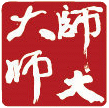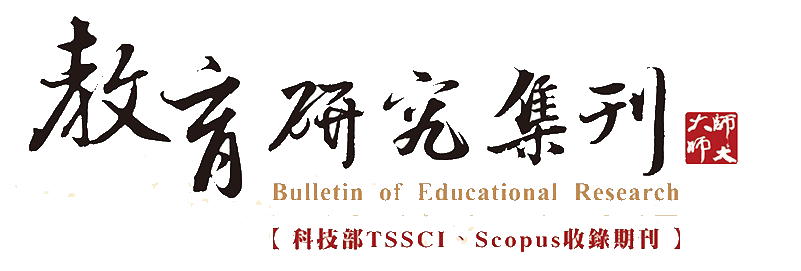| 篇名 |
以「子貢問答」重探孔子的教學理念
更多文章
|
|---|---|
| 並列篇名 | Exploring Confucius’ Teaching Philosophy Through Questions and Answers With Zigong |
| 作者 | 徐聖心 |
| 中文摘要 | 本文從《論語》的表達形式選擇主題,並以次數最多的子貢問答為主要考察對象,呈現孔子教學的特殊性。本研究包含兩部分:一是問答的形式與主題;二是據此管窺孔子的教學理念。第一部分,問答形式的精簡,除了是記載的簡約要求外,乃因「實踐為主」的教學,宜以指點語的方式表出。指點語又可細分且開展為迂迴性提示和懸疑性問法。問答主題有三:君子「以行為先」的「生命一致性」、自知與成器;以「整體觀人法」為評議著眼,並包含兩個子向度,即德性的鑑真與德行的辨偽;最後則是如何以懸疑式提問引導學生進入內在體驗,而達於人的極致。第二部分,身為教師的孔子,既是先行者,又是對人與人物的精鑑察識者,也是等候者,又是適時撥轉者,更是示現為一以貫之的「不二者」。而這些現身說法的理念與教法,即使在今日,依舊有其啟示作用。 |
| 英文摘要 | This study analyzed themes from the Analects to present the particularities of Confucius’ teaching. The main discussion is about Zigong, who appears the most frequently in the Analects. This paper contains two parts: the form and theme of the questions and answers; a glimpse of Confucius’ teaching philosophy. The question answer format in the Analects is simple. This is not only due to difficulty of recording Confucius’ words but also because Confucius’ “practice-oriented” teaching was expressed in the form of simple words, expressed as roundabout prompts and suspenseful questions. The three themes in the questions and answers of the Analects include: 1) gentlemen “putting actions first”, 2) the “holistic view of man”, and 3) suspenseful questions which lead students into their inner experience and achieve the ultimacy in man. The analysis shows that, Confucius, as a teacher, is both a forerunner, a discerner of people and characters, a waiter, a timely redirector, and a consistent “non-dualist”. These concepts and teachings are still inspiring even today |
| 起訖頁 | 077-109 |
| 關鍵詞 | 子貢、孔子、問答形式、教學理念、論語、Zigong、Confucius、question-answer format、teaching philosophy、Analects |
| 刊名 | 教育研究集刊 |
| 期數 | 202209 (68:3期) |
| 出版單位 | 國立臺灣師範大學教育學系 |
| DOI | 10.53106/102887082022096803003 複製DOI |
| 該期刊-上一篇 | 學制改革的地方視角:晚清癸卯學制實施後福建中小學教育的發展 |
| 該期刊-下一篇 | 書評:「戰場」轉移—評介《流行樂、媒體與青少年文化:從「節拍革命」到「位元世代」》 |








